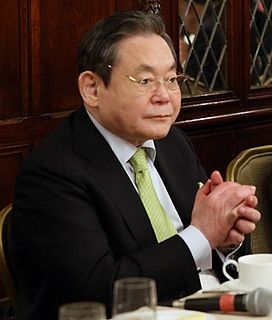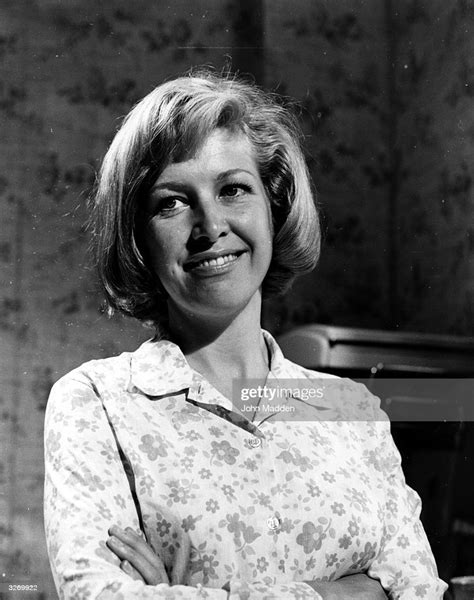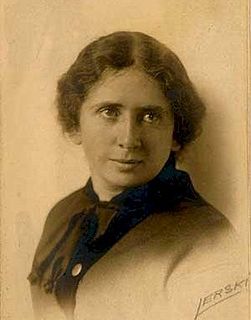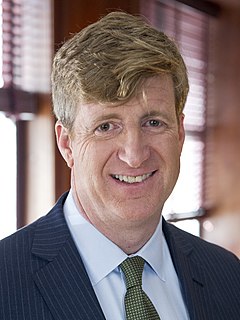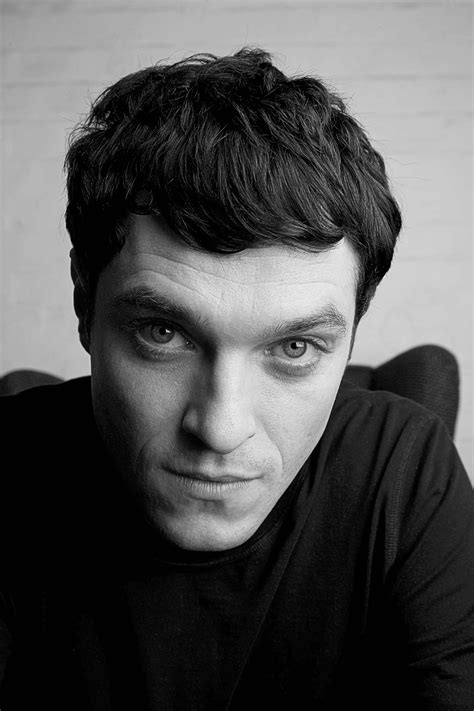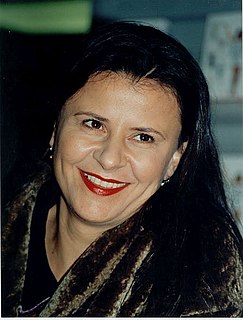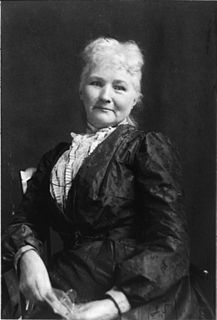Top 1200 Working-Class Quotes & Sayings - Page 3
Explore popular Working-Class quotes.
Last updated on April 21, 2025.
For 40 years, the American middle class has been disappearing. Millions of people are working longer hours for lower wages despite a huge increase in technology and productivity. And what we have seen during that period is a massive transfer of trillions of dollars from the middle class to the top one-tenth of 1 percent of America
...it was always our view that in order to attain this [proletarian revolution] and the other far more important aims of the future social revolution, the working class must first take possession of the organised political power of the state and by its aid crush the resistance of the capitalist class and organise society anew.
I don't ever think of myself as coming from a particular class because my father was working class but made his living as a newspaper foreign correspondent - someone of no fixed abode, as he used to say - who was as comfortable dining with the Mountbattens in India as he was having a pint with the boys. He was very gregarious.
If you come from a working-class background, you can't afford to write full time, because you're just not being paid. Basically, all my arguments come down to Marxist doctrine: The world is shaped by money, so the only voices you'll hear are the ones with money behind them. But thankfully, culture and cool are some things that circumvent money, because if you're cool, people will want to give you money - suddenly you shape the market and people start coming to you. Which is why culture has always been a traditional way out for working-class people.
I came to the U.K. at the age of 19 and I didn't know anything about the working-class tradition, the Labour Party and the unions. I learned it. And in doing so, I came to appreciate that, if you're going to intervene politically, you'd better bloody well know something about the class on whose side you want to align yourself.
They talk about class warfare -- the fact of the matter is there has been class warfare for the last thirty years. It's a handful of billionaires taking on the entire middle-class and working-class of this country. And the result is you now have in America the most unequal distribution of wealth and income of any major country on Earth and the worst inequality in America since 1928. How could anybody defend the top 400 richest people in this country owning more wealth than the bottom half of America, 150 million people?
The neoliberal programs of the last generation have in fact been, and were intended to be, a pretty serious attack on democracy, but also they've led to stagnation or decline for large parts of the population - the working class, the lower middle class, these people have essentially been cast aside.
We're all born into whatever citizenship, circumstances, or class we happen to be born into. Immigrants and so many people in the working class work so hard every day for nickels and pennies and scraps to just barely get by and then realize that this precious life has been completely drained out of us.
There is no employing class, no working class, no farming class. You may pigeonhole a man or woman as a farmer or a worker or a professional man or an employer or even a banker. But the son of the farmer will be a doctor or a worker or even a banker, and his daughter a teacher. The son of a worker will be an employer - or maybe president.
After the countrywide victory of the Chinese revolution and the solution of the land problem, two basic contradictions will still exist in China. The first is internal, that is, the contradiction between the working class and the bourgeoisie. The second is external, which is the contradiction between China and the imperialist countries. Consequently, after the victory of the people's democratic revolution, the state power of the people's republic under the leadership of the working class must not be weakened but must be strengthened.












